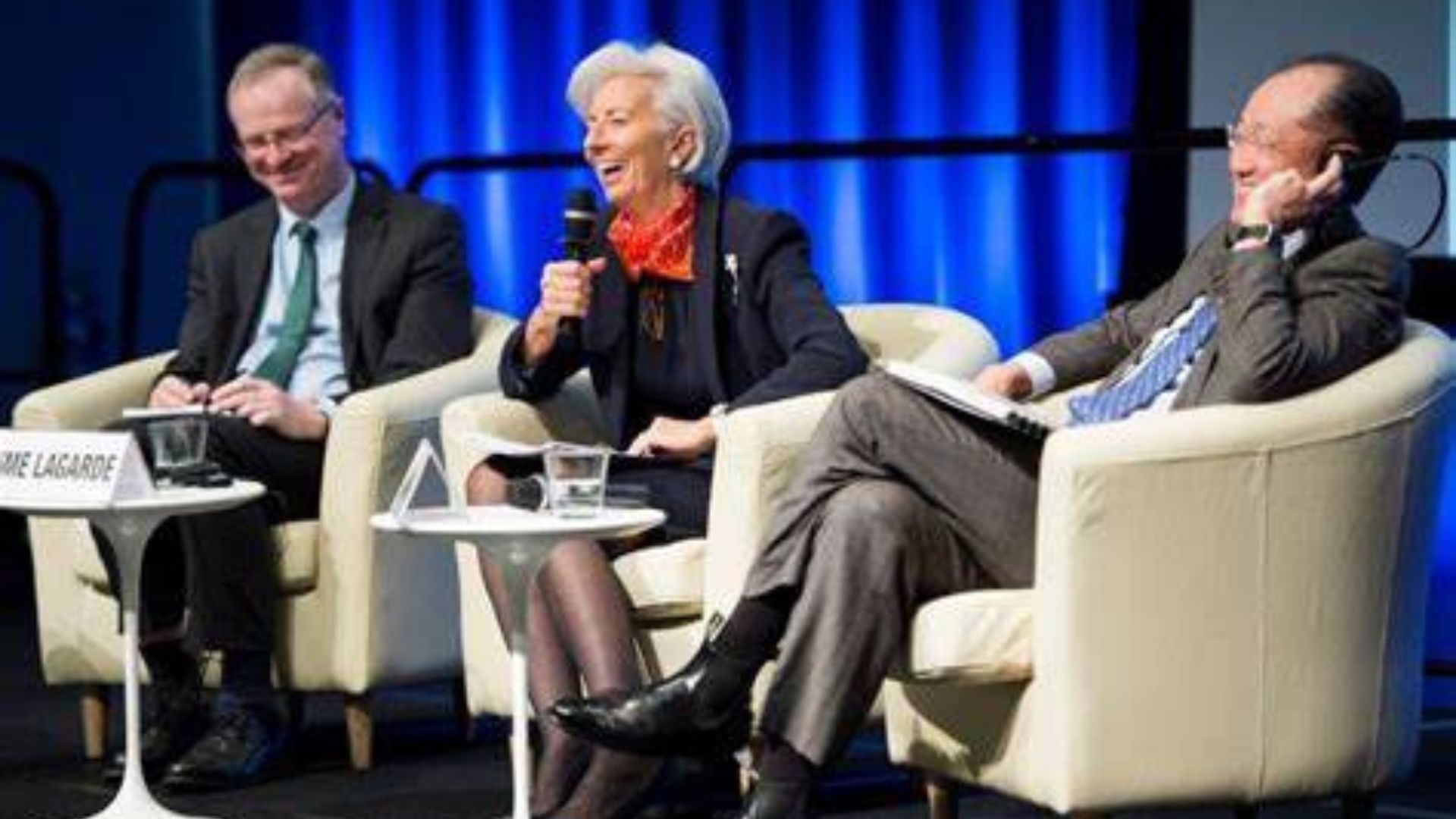Parliamentarians, as elected representatives of the people, play a crucial role in the democratic governance of their countries. Tasked with various responsibilities beyond legislative duties, they serve as the voice of their constituents, contribute to the formulation of laws, and ensure transparency and accountability in government actions. This article aims to delve into the essential roles that parliamentarians fulfill in upholding democratic principles and serving the interests of their constituents.
Amplifying the Voices of Citizens
At the core of their role, parliamentarians serve as advocates for the interests and concerns of their constituents. They act as a bridge between the government and the public, conveying the views and needs of their constituents in legislative debates and decision-making processes. Through regular engagement with their communities, parliamentarians gain insight into local issues, advocate for policy changes, and champion initiatives that address the needs of their constituents. By amplifying the voices of citizens, parliamentarians ensure that the diverse perspectives of their constituents are heard and considered in the policymaking process.
Shaping Laws and Policies
One of the primary functions of parliamentarians is to participate in the legislative process. They draft, debate, and vote on legislation that affects various aspects of society, ranging from healthcare and education to economic policies and environmental regulations. Parliamentarians collaborate with their colleagues to propose new laws, amend existing ones, and scrutinize government policies to ensure their alignment with the interests of the public. Through their legislative efforts, parliamentarians contribute to the development of a legal framework that reflects the values and priorities of their constituents while promoting the common good.
Holding Government to Task
Parliamentarians serve as a check on the executive branch of government, ensuring transparency, and accountability in government actions. Through mechanisms such as parliamentary inquiries, hearings, and debates, they scrutinize government policies, expenditures, and activities to ensure compliance with legal and ethical standards. Parliamentarians have the authority to question government officials, demand explanations for decisions, and investigate allegations of wrongdoing or misconduct. By exercising their oversight powers, parliamentarians uphold the principles of democratic governance, promote government accountability, and safeguard the interests of the public.

Advocating for Global Issues
In addition to their domestic responsibilities, parliamentarians also represent their countries on the international stage, contributing to global diplomacy and cooperation. They participate in international forums, conferences, and summits. Engaging with counterparts from other countries to address global challenges and promote peace, security, and sustainable development. Parliamentarians advocate for their countries’ interests on issues such as human rights, climate change. And international security, working collaboratively with other nations to find solutions to complex global problems. Through their diplomatic efforts, parliamentarians play a vital role in advancing the collective interests of the international community and fostering mutual understanding and cooperation among nations.
Fostering Informed Decision-Making
Parliamentarians play a crucial role in facilitating dialogue and debate on critical issues facing society. Through parliamentary sessions, committees, and forums. They create spaces for constructive discussions and exchanges of ideas among lawmakers from different political parties and backgrounds. By fostering an environment of open dialogue and debate, parliamentarians encourage collaboration. Compromise, and consensus-building, leading to more informed and effective decision-making. Through robust debates and discussions, parliamentarians ensure that diverse perspectives are considered. Enriching the policymaking process and leading to outcomes that reflect the interests of all stakeholders.
Addressing Individual Needs
In addition to their legislative and oversight duties. Parliament members provide essential services and support to their constituents at the grassroots level. They serve as advocates for individuals and communities. Helping constituents navigate government bureaucracy, access social services, and address specific concerns or grievances. Parliamentarians conduct regular outreach activities, such as town hall meetings. Constituency clinics, and community forums, to stay connected with their constituents and understand their needs firsthand. By providing personalized assistance and support. Parliamentarians strengthen the bond between citizens and their elected representatives, fostering trust and confidence in the political process.
Conclusion
In conclusion, Parliament members fulfill diverse and essential roles in democratic governance, serving as representatives, lawmakers, watchdogs, and diplomats. Through their dedication, integrity, and commitment to public service. They contribute to the functioning and integrity of democratic institutions. Ensuring that government remains accountable, responsive, and transparent to the people it serves. As guardians of democracy and public welfare, parliamentarians play a vital role in upholding the principles of justice. Equality, and freedom and advancing the collective welfare of society.

